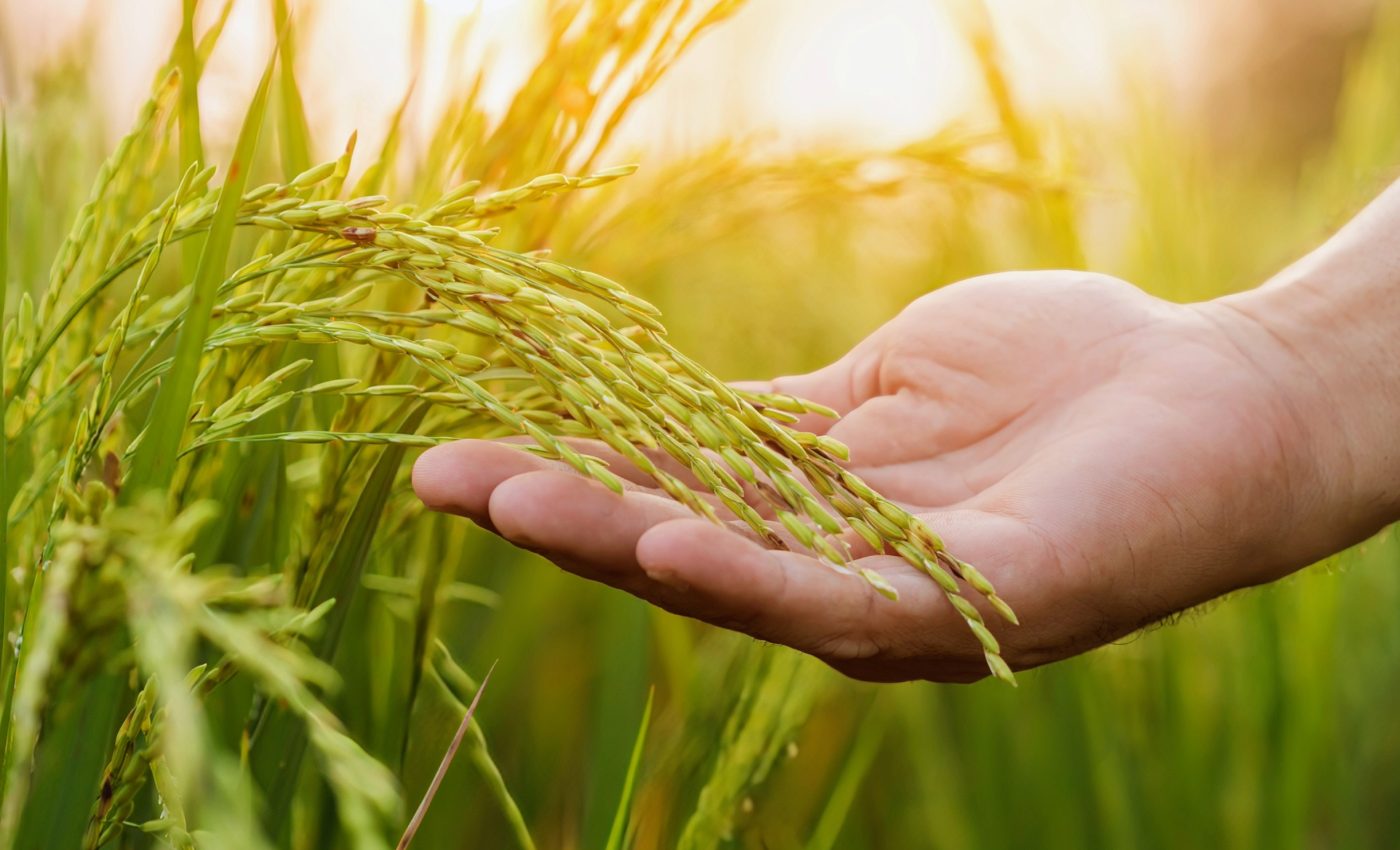
World Food Day 2024: Fighting global hunger
Hunger is a word that resonates with an unfortunate 733 million humans across the globe daily. Food, or the lack of it, is a poignant issue in today’s world. In an era where we’ve got plenty of food to feed every soul on Earth, it seems paradoxical that so many still don’t get their share.
How is it possible that despite producing all the food, many cultivators are still left desperate for a meal? We have landed on the moon, yet we can’t ensure our fellow humans have a meal on their table.
This is a grim picture of economic disparity and social inequality that transcends borders and nations.
Not just food, but FOODS
Three simple things we need to survive – air, water, and food. However, the narrative has shifted towards celebrating FOODS, and not merely food on World Food Day.
The extra “S” stands for so much more – diversity, nutrition, affordability, accessibility, and safety.
It is a resounding call to action, urging us all to ensure our plates resemble a vibrant rainbow of nutrients.
Global food snapshot
To put it bluntly, a distressing 2.8 billion people worldwide cannot afford a wholesome diet. Unhealthy diets are now a harbinger of malnutrition in all forms – from undernutrition to obesity.
This isn’t something relegated to a specific demographic or geographic region; the problem is widespread and carries significant socioeconomic and environmental implications.
Leading the fight against hunger
Our current agrifood systems are trapped in a vicious cycle. While they’re severely threatened by disasters and crises, they also contribute directly to them.
Agricultural activities lead to pollution, soil degradation, and greenhouse gas emissions. What’s needed is a transformation – an essential shift to tackle climate change and build resilience.
One such organization leading this fight against hunger is the Food and Agriculture Organization (FAO). In 2023 alone, their initiatives provided crucial agricultural support to an astounding 57 million people.
From influencing policies and legislation to reshaping agrifood systems in developing nations, FAO has been at the frontlines of this battle.
Achieving a food-secure world is no small task. It calls for a mammoth effort, and for us, the consumers, to step up. We can contribute by urging actions from our government, making healthier food choices, reducing food waste, and safeguarding our environment.
Rethinking healthy food habits
Healthy diets go beyond just eating. They require balance, variety, and moderation in our dietary habits. It’s about time our agrifood systems paved the way for everyone to access such diets, promising a healthier humanity and a sustainable planet.
In 2024, we commemorate the 20th anniversary of a significant milestone that has guided governments worldwide – “Voluntary Guidelines to Support the Progressive Realization of the Right to Adequate Food in the Context of National Food Security.”
Innovations in agritech
The advancement in agritech presents a beacon of hope, promising transformative changes in traditional agricultural practices.
Cutting-edge technologies such as precision farming, genetic engineering, and smart irrigation systems are revolutionizing how we cultivate crops and manage resources. By utilizing data analytics and remote sensing, precision farming allows farmers to optimize yields and reduce waste.
Genetic engineering offers the potential to develop crop varieties that are resistant to diseases and better adapted to climate fluctuations. Smart irrigation systems, powered by IoT devices, ensure efficient water use, crucial for areas facing water scarcity.
The integration of technology in agriculture is crucial for fostering a sustainable future, addressing food security, and mitigating the adverse impacts of climate change.
Education and empowerment
Education emerges as a powerful catalyst for driving sustainable change in global food security. By equipping individuals, particularly women and youth, with knowledge and resources, communities can strengthen their resilience against food insecurity.
Educational programs focused on nutrition, sustainable farming practices, and business skills empower people to make informed decisions that enhance systems.
Furthermore, collaborations between governments, educational institutions, and NGOs can amplify the impact, ensuring that education leads to tangible improvements in reducing hunger and promoting a thriving global society.
As we navigate these critical times, what we need is unity of purpose. Our collective steps and voices can make a difference. Let’s work together to ensure no one goes hungry, today or tomorrow.
Let’s celebrate FOODS, in all its diversity and goodness. We must remember that it’s not just about food – it’s about FOODS.
—–
Like what you read? Subscribe to our newsletter for engaging articles, exclusive content, and the latest updates.
Check us out on EarthSnap, a free app brought to you by Eric Ralls and Earth.com.
—–













